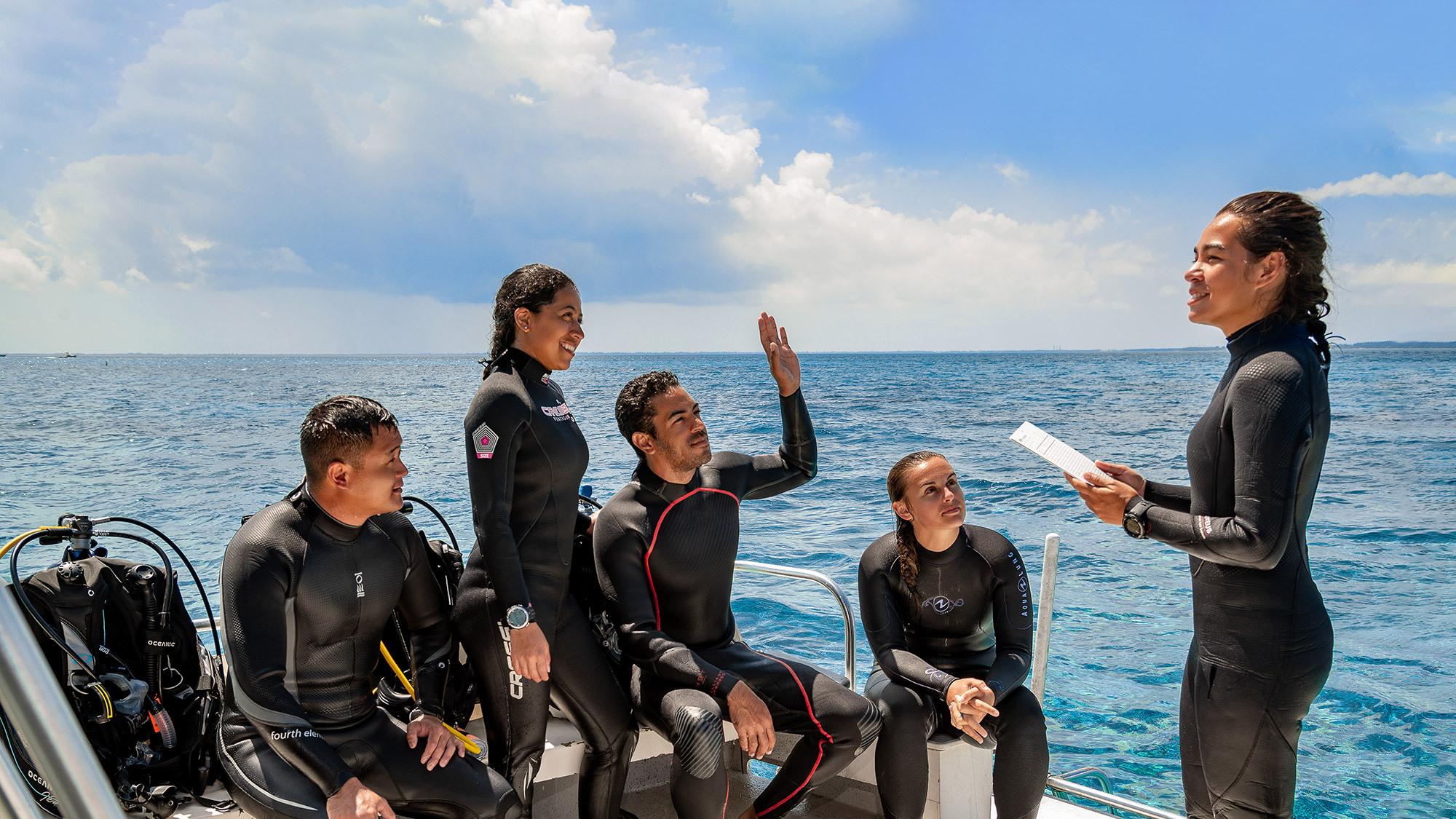Diving is not just a thrilling adventure; it’s a gateway to a unique and vibrant underwater world. For many enthusiasts, the pinnacle of recreational diving is achieving the status of Divemaster. This role is essential in the diving community, serving as a bridge between novice divers and instructors. But what does it take to become a Divemaster? Here’s a closer look at the qualifications, skills, and personal attributes required to embark on this rewarding journey.
Prerequisites
Before diving into the Divemaster program, candidates must meet certain prerequisites. Typically, divers need to be at least 18 years old and hold a recognized Open Water Diver certification. Moreover, they should possess a minimum of 40 logged dives to start the training, with a requirement to complete at least 60 dives by the end of the program. Some organizations may also require first aid and CPR certifications, as safety is paramount in diving.
Comprehensive Training
The Divemaster training program is intensive and comprehensive. It usually includes both theoretical and practical components. Candidates study various topics, including dive theory, equipment management, and dive site management. They learn about marine environments, safety procedures, and how to assist instructors during courses.
Practical training is equally important. Aspiring Divemasters must demonstrate their ability to lead dives, manage dive groups, and assist in training novice divers. This hands-on experience is crucial, as it prepares them for the responsibilities that come with the role. They must also develop skills in rescue diving, enhancing their ability to handle emergency situations.
Developing Leadership Skills
Beyond technical skills, becoming a successful Divemaster requires strong leadership qualities. Divemasters are responsible for guiding and supervising divers, ensuring their safety, and fostering a positive diving experience. This role demands effective communication skills, patience, and the ability to remain calm under pressure.
Moreover, Divemasters often serve as mentors to novice divers. This requires not only diving expertise but also the ability to inspire confidence and enthusiasm for the underwater world. Candidates are encouraged to cultivate strong interpersonal skills and emotional intelligence, as they will frequently interact with diverse groups of people.
Commitment to Continuous Learning
The world of diving is ever-evolving, with new technologies, practices, and conservation efforts emerging regularly. Aspiring Divemasters must demonstrate a commitment to continuous learning. This could involve attending workshops, engaging in further education, or specializing in areas such as marine biology or underwater photography. Staying updated on industry standards and environmental issues is also crucial, as Divemasters often play a role in promoting sustainable diving practices.
Passion for the Ocean
Perhaps the most vital quality for anyone pursuing a Divemaster certification is a genuine passion for the ocean and its ecosystems. This enthusiasm not only drives personal growth but also inspires others to appreciate and protect the underwater environment. Divemasters often advocate for marine conservation, educating divers about the importance of preserving delicate ecosystems and encouraging responsible diving practices.
Conclusion
Becoming a Divemaster is an enriching journey that blends adventure, education, and leadership. It requires a combination of technical skills, personal attributes, and a commitment to the diving community. For those passionate about the ocean and eager to share their love for diving with others, the role of Divemaster offers a fulfilling path that goes beyond merely exploring underwater landscapes—it’s about leading others into the depths of an extraordinary world.
